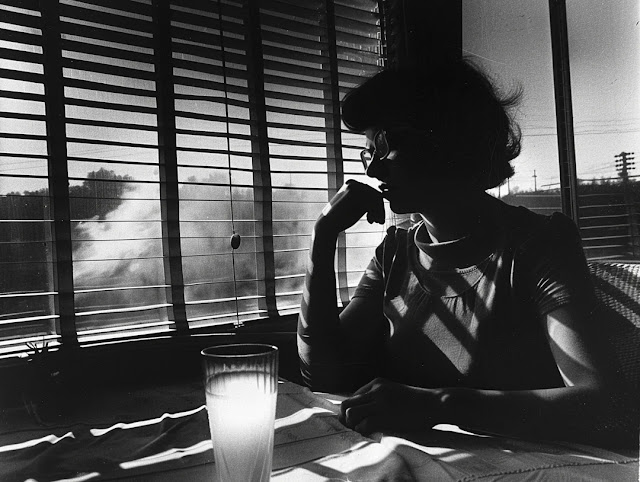I've faced a really challenging time in the past few years, having been laid off three times in the real estate industry, most recently in November 2023. Since then, I've applied to about 180 corporate jobs, landing only six interviews, none of which resulted in a job offer. In addition, I've sought out 18 "bridge jobs" in the service industry—roles that often pay minimum wage. Despite going through multiple interviews for one position, I was ultimately rejected for what seemed like an arbitrary reason.
This rejection was a turning point for me. I expected difficulties in securing a high-paying corporate job with benefits, a 401(k), and stock options, but not being able to land a job pouring coffee or stocking shelves made me lose hope. I have a history in the service industry: before starting my career as a professional dancer in Chicago, I worked as a personal trainer, bartender, server, dance teacher, and babysitter.
My transition into real estate began when a personal training client recommended me for a role at his real estate development firm. I got the position, initially working as the executive assistant to the CEO. Over the first year, I learned the business, earned my broker's license, and became a leasing manager, staying with the firm for almost five years. However, after two layoffs, the third came after only 90 days on the job.
In October 2019, I left for a bigger developer, thinking it would be my long-term career. But the pandemic shifted my role from growth to merely surviving, and I was laid off after a year in October 2020. This was my first experience with unemployment. After seven months, I joined WeWork as a leasing manager, where I worked for two years until I was laid off again in March 2023. I found a new job four months later but was laid off again after only 90 days in November 2023.
Since then, I've applied for over 180 corporate jobs, ranging from positions in Chicago to remote and hybrid roles, even those for which I'm overqualified. Networking and following job-search best practices haven't yielded results.
In March, I began applying for bridge jobs, like barista or grocery store stocker, but only received auto-rejections. These jobs often required cover letters, where I explained my career change and eagerness to learn something new. Despite this, I got no responses, leading me to wonder if my corporate resume was a deterrent.
By April, I had to move back in with my parents in South Carolina. I applied for a guest itinerary designer role at a nearby luxury resort, thinking it would be a great bridge job paying $18 an hour plus commission. I made it through two successful interview rounds but was rejected because I lived too close to the business—an incomprehensible policy to me.
The rejection from minimum wage bridge jobs stings more than the corporate ones. Despite being strong and confident and having a supportive network, unemployment has brought about self-doubt, insecurity, and isolation. Years ago, I got a bartending job simply by expressing my need for work while watching a football game at a dive bar. Now, that job search process involves answering detailed personality questions and sharing fun facts about myself, only to hear nothing back.
A friend suggested sharing my experience on TikTok, where I discovered many others in similar situations. Through this, I started a networking community on Slack that now has over 1,500 members, including brilliant minds—some with PhDs. If they can't find jobs, it feels hopeless for me.
At 34, with a solid career foundation, education, and various accomplishments, I don't want to revert to working multiple minimum wage jobs. I've done that before and don't wish to work late-night bar shifts again. Currently, freelance work, such as an hourly social media job for a construction company, is helping me get by. I found this job through a friend and am open to taking on additional work.
I'm still actively applying for jobs, working harder than ever to figure out my next steps. I fear that any job I land won't be secure, and this experience has forever changed my approach to the job market.

